Susquehanna River Science: Research, Education and Advocacy
My River Story
 Growing up fishing the tributaries to the Susquehanna River helped me to weave a connective thread with water, the surrounding environment, and the interactions and influences of humans on these seemingly separate ecosystems.
Growing up fishing the tributaries to the Susquehanna River helped me to weave a connective thread with water, the surrounding environment, and the interactions and influences of humans on these seemingly separate ecosystems.
However, the circuitous route to get to this point in my understanding of this complex relationship has been as sinuous as many of the streams I have floated a fly in, but in the end, as Norman Maclean once said, “The river was cut by the world’s great flood and runs over rocks from the basement of time. On some of the rocks are timeless raindrops. Under the rocks are the words, and some of the words are theirs. I have been haunted by waters.” The words we are hearing from these river rocks now are cries for help, listen closely, you can hear them, “what are you doing? Why can’t you stop?” Back in the day, we used canaries to provide coal miners with a sentinel of impending danger, now, we have different canaries but we are not paying attention, we are not listening to them.
Can Research Come to the Rescue?
 For nearly two and half decades, as an aquatic ecologist, I have worked on projects ranging from assessing the role of land-use on wet deposition within urban, agricultural or forested watersheds, examining the influence of stream restoration on macroinvertebrate community structure to surveying the impact of invasive crayfish on native crayfish species in Lancaster streams. During this time, I have come to one immutable conclusion, what we are doing to protect streams and rivers to maintain ecosystem integrity and functioning for not only our future generations is not working.
For nearly two and half decades, as an aquatic ecologist, I have worked on projects ranging from assessing the role of land-use on wet deposition within urban, agricultural or forested watersheds, examining the influence of stream restoration on macroinvertebrate community structure to surveying the impact of invasive crayfish on native crayfish species in Lancaster streams. During this time, I have come to one immutable conclusion, what we are doing to protect streams and rivers to maintain ecosystem integrity and functioning for not only our future generations is not working.
- We are not reducing suspended sediment loads at the scale needed to improve the Chesapeake Bay.
- We are finding the bioaccumulation of increased concentrations of toxic contaminants in organisms from crayfish to fish.
- We are unleashing unrestrained assaults in the headwaters of the Susquehanna via natural gas mining and coming to a stream near you, the recently approved allowance of dumping debris from coal mining into headwater systems.
RiverStewards presents an opportunity to link up established riverine research programs with stream scientists at various institutions located not only along the mainstem of the Susquehanna but also scattered about the many tiny streams that feed this troubled water to address these issues and many others. As humans, we like to put things in tidy packages, e.g., the outdated dogma of streams and rivers being separate from forests and terrestrial environs, but we have learned and now know that they are inextricably linked, the river feeds the forest and the forest feeds the river, they are essentially one system. We, as scientists need to make the same connection between natural and social science to understand not only how this one system functions biologically, physically and chemically but also socioeconomically. Therefore, a key role for RiverStewards will be to make this linkage so that both ecological scientists and social scientists come together to understand these impacts and work cohesively to preserve this ecosystem.
Education is Pivotal, Advocacy is Essential
Many non-profit organizations such as the Stroud Water Research Center, the Alliance for the Chesapeake Bay, Chesapeake Bay Foundation, Sir Isaac Walton League, various county conservancy agencies as well as several institutions of higher education such as Millersville University, Elizabethtown College, Franklin & Marshall College, Lycoming College, Bucknell University, Susquehanna University and others have established programs that are focused on the moral imperative to educate people of all backgrounds on becoming the future stewards of not only the Susquehanna River but the entire watershed it feeds. From Lycoming College in the northern reaches of the river there is the Clean Water Institute to the lower reaches of the river at Millersville University where we have the Watershed Education Training Institute, we have programs set up to educate the next generation of watershed stewards who will advocate for the river’s preservation.
From a historical context, region-specific priorities have contributed to the state of the river system we know now, from a preservation perspective, understanding that changes in socio-economical, cultural and political systems within this watershed occur at different rates than those within this ecosystem. What RiverStewards can do now is listen to those canaries, raise advocacy and educate. Then, and only then will the words under Norman Maclean’s rocks mean something, such that our waters will never haunt.
- Susquehanna River Science: Research, Education and Advocacy - February 17, 2017



